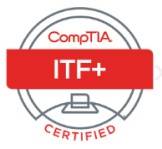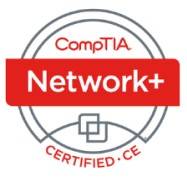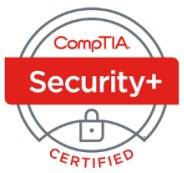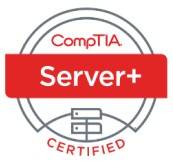Intro:
In an increasingly digital landscape, CPA firms like yours face a multitude of challenges. From managing operations to serving customers, your plate is undoubtedly full. But here’s the thing – amidst all the hustle and bustle, have you considered how vulnerable your business might be to cyber threats? Today, we delve into the world of cybersecurity, shedding light on the importance of Cyber Risk Assessment and FTC guidelines.
Harnessing Resilience with a Cyber Risk Assessment:
Imagine having an impenetrable armor safeguarding your business against potential cyber-attacks. That’s precisely what a Cyber Risk Assessment offers—a comprehensive evaluation that identifies vulnerabilities in your systems and networks. By simulating real-world attacks through penetration testing (or pen tests), this practice proactively exposes weaknesses before they become entry points for malicious actors.
With ransomware attacks surging at astonishing rates worldwide, fortifying your defenses has become paramount for every CPA firm. A Cyber Risk Assessment equips you with invaluable insights into areas that require immediate attention while empowering you to take swift action against potential threats—before they compromise sensitive data or bring operations to a standstill.
Navigating FTC Guidelines and WISP Requirements for CPA Firms:
At the forefront of safeguarding consumers’ rights and fostering fair competition, the Federal Trade Commission (FTC) is a pivotal authority, especially for CPA firms entrusted with sensitive financial data. As part of their mission to ensure robust privacy practices in various sectors, the FTC provides invaluable guidelines addressing cybersecurity, which are particularly relevant for businesses handling financial information.
For CPA firms, strict adherence to these guidelines goes beyond mere compliance; it is a fundamental element in establishing trust with clients. Failure to meet these standards could result in severe consequences, including legal penalties and reputational harm, which are especially pertinent in the financial industry. In addition to FTC guidelines, implementing a comprehensive Written Information Security Program (WISP), as mandated by the FTC, further solidifies a CPA firm’s commitment to safeguarding sensitive financial information and mitigating potential cybersecurity risks.
Integrating WISP into the organizational framework becomes a proactive step for CPA firms, aligning them with the regulatory expectations outlined by the FTC and fortifying their overall cybersecurity posture. This approach not only ensures compliance with industry-specific regulations but also enhances client confidence, positioning the CPA firm as a responsible guardian of financial data security in today’s digital landscape.
Third-Party Pen Testing – An Added Layer of Protection:
As diligent as you may be when it comes to securing your systems internally, there are often blind spots that can go unnoticed without expert intervention. That’s where third-party pen testing comes into play. By engaging a Managed Security Services Provider (MSSP) to conduct independent assessments, you gain an unbiased perspective on your security infrastructure.
These professionals bring their specialized knowledge and experience to the table, offering insights you might have overlooked. With their assistance, you can uncover vulnerabilities that may otherwise remain hidden—ensuring a comprehensive approach in safeguarding your business against cyber threats.
Embracing Proactive Measures:
Cybersecurity is not a one-time investment but an ongoing journey towards maintaining resilience and protecting both your business and customer data. Alongside Cyber Risk Assessment practices, it is essential to establish stringent measures like robust firewalls, regular software updates, employee cybersecurity training programs, and incident response plans.
By incorporating these proactive steps into your cybersecurity strategy, you demonstrate your commitment to thwarting potential attacks while building trust with customers who value data privacy.
Conclusion:
As a CPA firm juggling multiple responsibilities simultaneously, prioritizing cybersecurity is undoubtedly daunting but undeniably necessary. A Cyber Risk Assessment serves as the first step towards fortifying your defenses against evolving cyber threats while adhering to FTC guidelines provides assurance for consumers seeking trustworthy partnerships.
Remember – investing in the right tools today will save you from costly incidents tomorrow. Take charge of your business’s security by embracing proactive measures and partnering with experts who offer personalized solutions tailored specifically for small businesses like yours.
Case Study: Here’s a case study from John Geantasio who runs a successful CPA firm in New Jersey (internal link to case study – in progress)
Disclaimer: This blog post is intended for informational purposes only and should not be considered professional advice regarding specific legal or technical matters. Consultation with appropriate experts is recommended when implementing cybersecurity measures or assessing FTC guidelines compliance. If you have questions about the guidelines or WISP, you can book a consultation call at https://TelcoUnitedCyber.com/121










